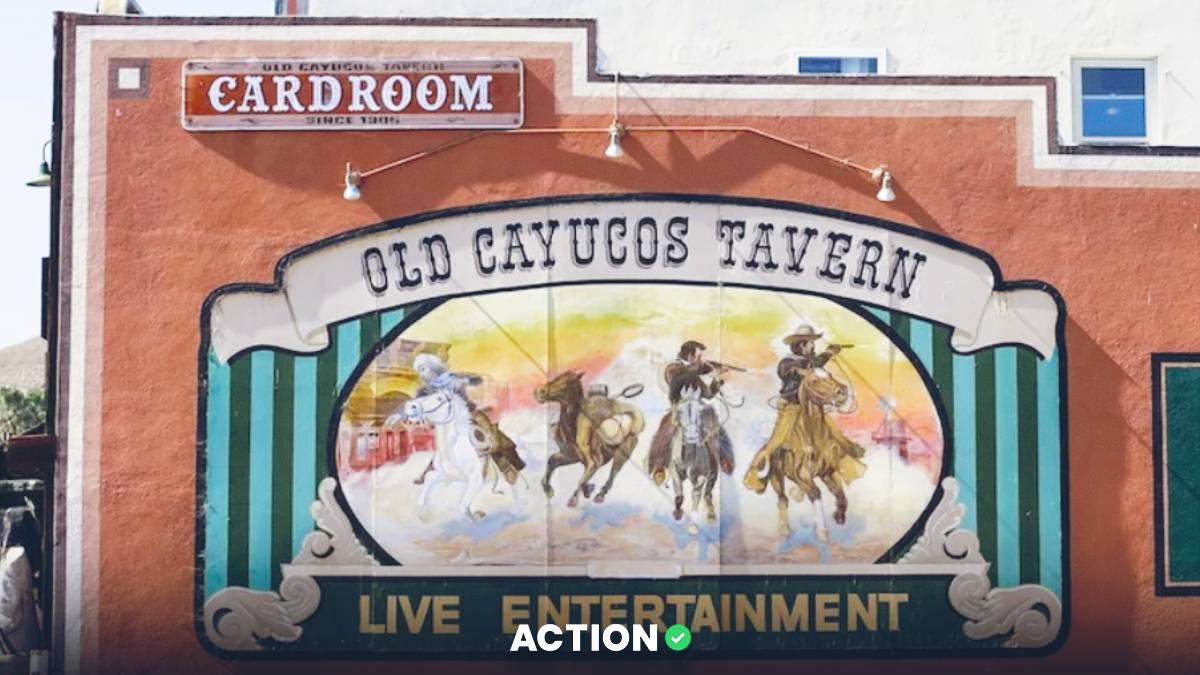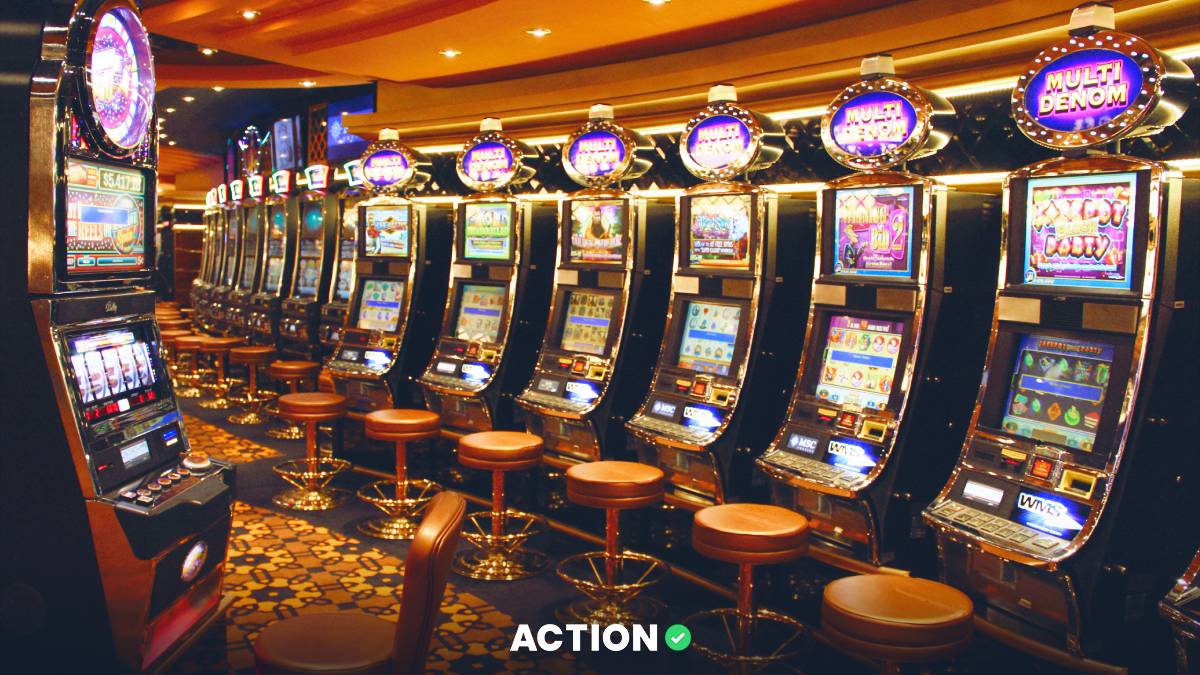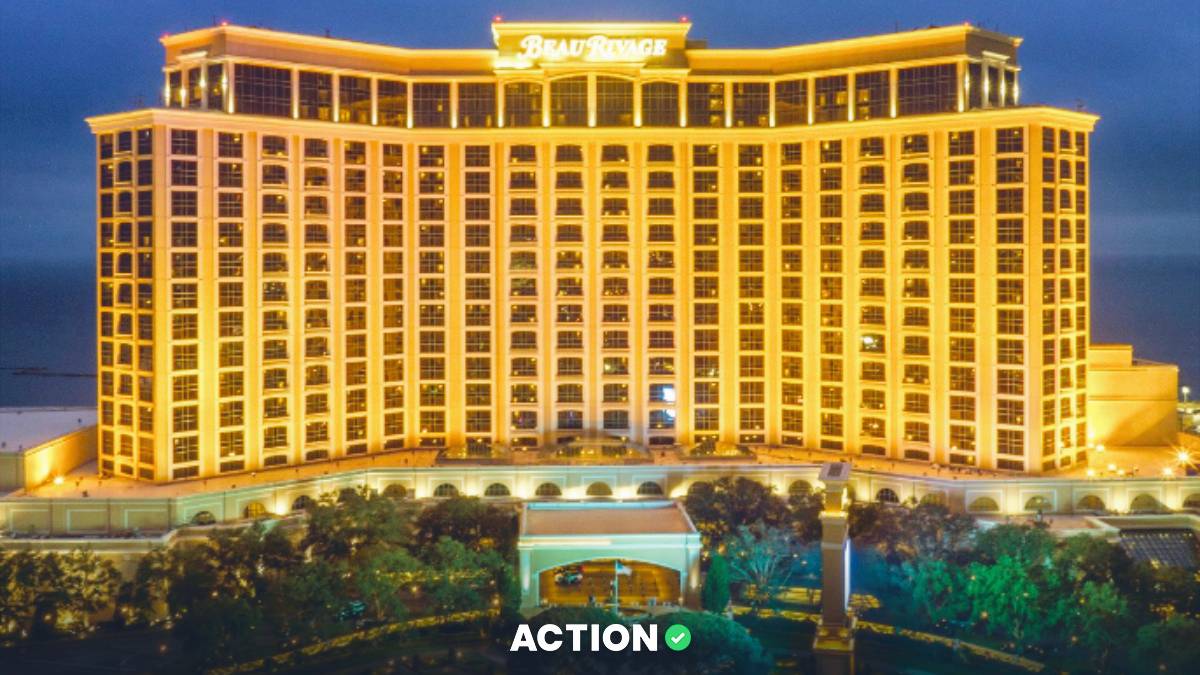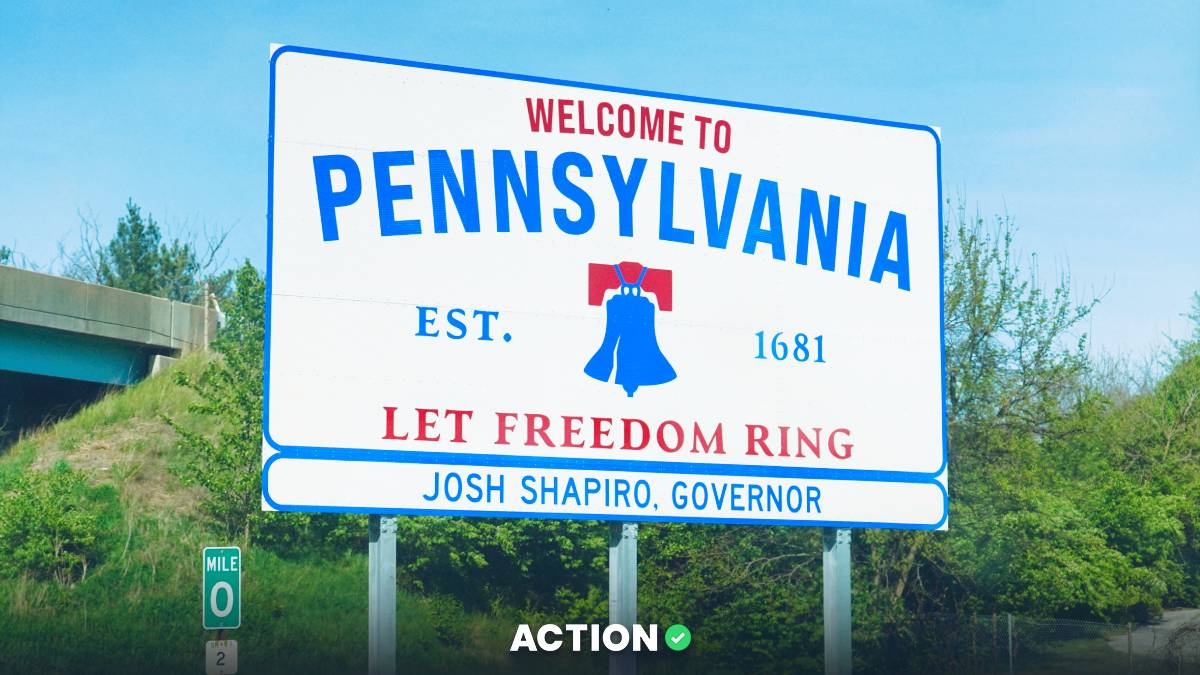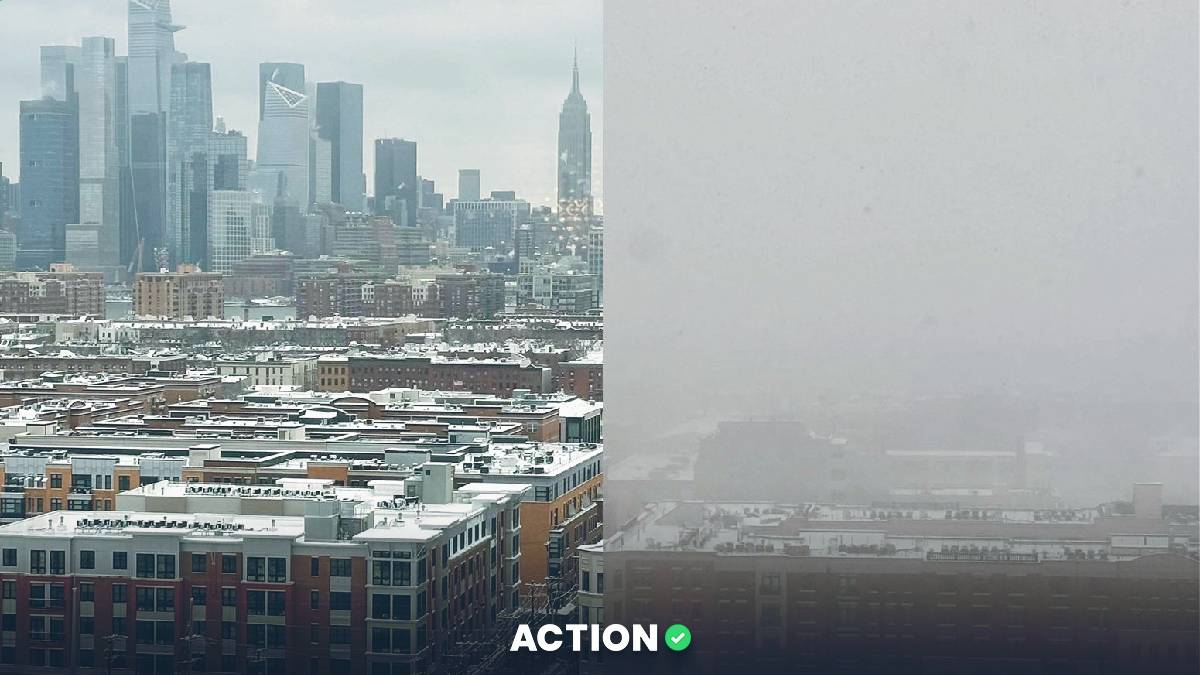The competition for one of New York’s three coveted downstate casino licenses is now down to six.
Both the high-profile casino proposal for Times Square, backed by rapper Jay-Z, Caesars Entertainment, and SL Green, and the Hudson Yards proposal by Rush Street Gaming and Silverstein Properties (The Avenir), were rejected by their community advisory committees (CACs), which made it clear they have a powerful say in which casino proposals can advance to the next stage.
In a statement, Caesars said it respects the decision of the advisory board and that its “commitment to New York remains unwavering.”
These decisions came after significant local opposition and concerns from Broadway businesses about the negative impact a casino might have on their operations.
In fact, the Broadway League celebrated the rejection, stating it would help preserve the unique character of the area and protect the livelihoods of thousands of New Yorkers depending on Broadway.
The Role of Community Advisory Committees
In New York, before a casino project can move forward for final approval, it must pass through a review process.
Each casino proposal is assigned a Community Advisory Committee (CAC), made up of six local and state government representatives. These committees ensure the projects meet local interests and zoning rules.

For a project to move forward, at least four out of the six committee members must vote in favor. Once a proposal gets the green light from its CAC, it's then considered by the Gaming Facility Location Board, which can select up to three projects to recommend for final licensing by the New York State Gaming Commission.
After the deadline for casino applications passed (in June), each of the eight proposed casino projects were assigned a CAC. These committees review the proposals to ensure they align with community interests and regulations. For instance, the casino application in Manhattan's Community District 6 has its own CAC to assess and approve the project before it can proceed in the selection process.
In both the Times Square and Hudson Yards cases, the proposals failed to secure enough support from their CACs, getting only two positive votes. This highlights how crucial it is for developers to gain community support early in the process if they want their projects to move forward.
What This Means for Future Casino Proposals
The rejection of these two Manhattan proposals narrows the field to just six contenders for the downstate casino licenses, including:
- MGM (Empire City)
- Freedom Plaza
- Resorts World
- Coney Island (The Coney)
- Bally’s (Ferry Point)
- Metropolitan Park (Citi Field)
In response to the Community Advisory Committee's votes on Caesars Palace Times Square and The Avenir, Michael Hershman, CEO of the Soloviev Group, which is behind the Freedom Plaza project, stated: "Despite the defeat of two formidable applicants, we remain confident that one license should be awarded in Manhattan. Attracting more tourists than any other borough, the city should have a fully integrated resort that is fitting of its position as the global capital of the world."
The Avenir project aimed to develop 1,000 hotel rooms and a casino near the Javits Center, led by Silverstein Properties. Meanwhile, the Caesars Palace Times Square proposal planned to transform an existing tower in Manhattan into a new gambling and entertainment venue.
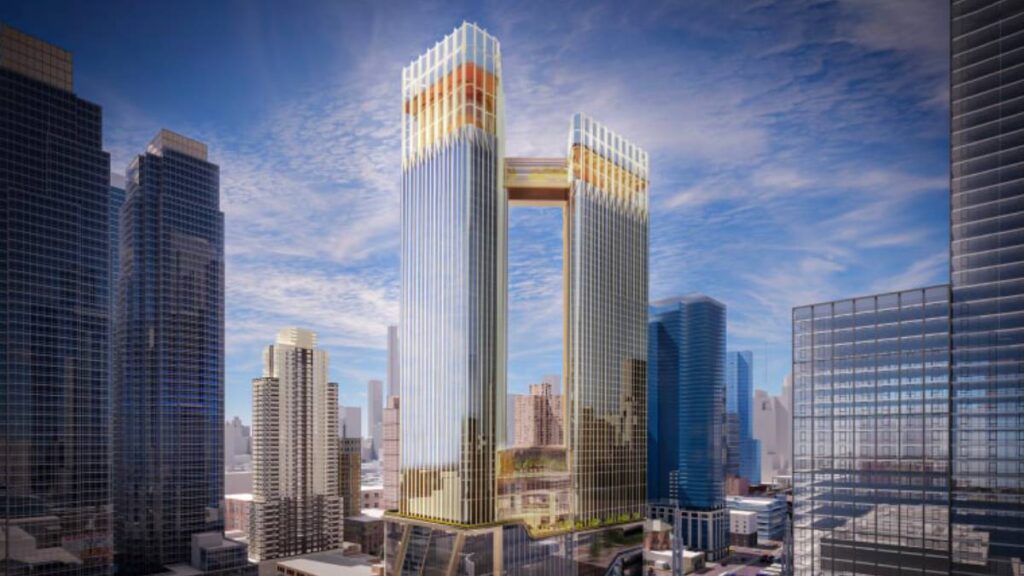
Moving forward, developers must prioritize early community engagement and building strong local support to avoid a similar fate.
The Importance of Community Support
Even the biggest and most expensive casino projects can fail if they don't have the support of the local community. Developers are realizing that they need to focus not just on money, but also on working well with local politics and public relations.
What's happening in New York shows that future casino proposals have to have strong backing from the community to succeed.
This competition for casino licenses highlights how important community input is in deciding what gets built in cities. Developers now need to create plans that not only look good on paper but also appeal to the people who live nearby.



